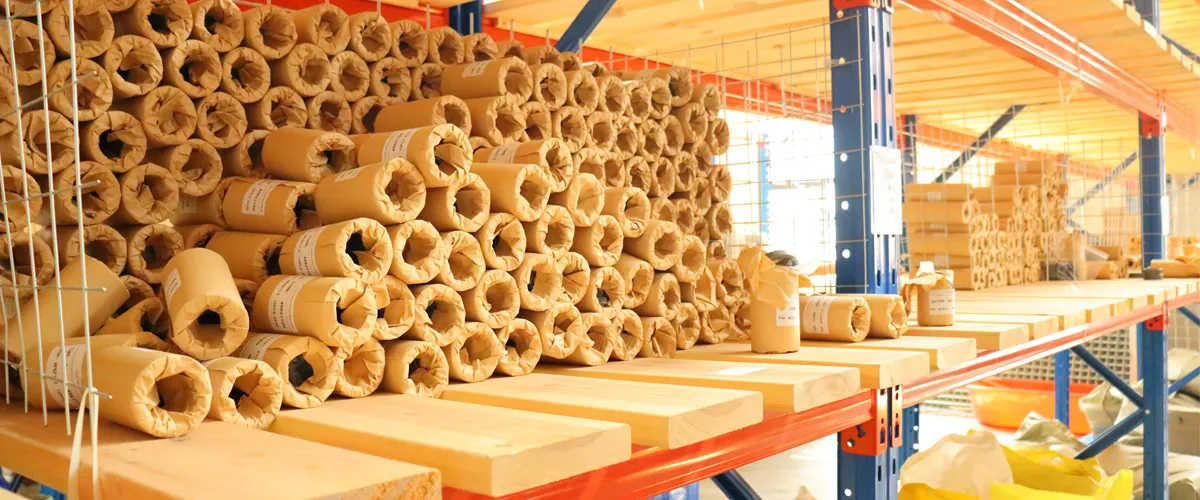Dec . 15, 2024 09:20 Back to list
Choosing the Right Oil Seal for Your Pump Applications and Performance Optimization
Understanding Oil Seals for Pumps
Oil seals, also known as lip seals or radial shaft seals, play a critical role in ensuring the efficient operation of pumps. These components prevent the leakage of lubricants or fluids while blocking the ingress of contaminants. Oil seals are particularly essential in pumps due to their moving parts and the necessity for fluid containment under varying pressures and temperatures.
Structure of Oil Seals
An oil seal typically consists of three components a body, a sealing lip, and a spring. The body is constructed from materials such as rubber, elastomer, or metal, providing the necessary resilience against environmental factors. The sealing lip is the part that makes contact with the shaft, and its design determines how effectively it can prevent leaks. The spring, usually located around the lip, exerts pressure against the shaft, ensuring a tight seal and compensating for any wear that might occur over time.
Types of Oil Seals
There are various types of oil seals suited for different applications in pumps
1. Static Seals Used where movement is not present, such as in housings or casings. 2. Dynamic Seals Designed for moving parts, these seals accommodate the rotation of shafts, essential for pumps. 3. Single Lip Seals These seals have one sealing lip and are effective for limited applications where pressures are not extreme. 4. Double Lip Seals Featuring two lips, these offer enhanced protection against dust and moisture, making them ideal for harsh environments.
Materials Used in Oil Seals
The choice of materials for oil seals is crucial as it affects performance and durability. Common materials include
oil seal for pump

- Nitrile Rubber (NBR) Resistant to oil and suitable for moderate temperatures, NBR is one of the most common materials used in oil seals. - Fluoroelastomer (FKM) Known for its heat and chemical resistance, making it ideal for high-performance applications. - Polyurethane Offers high wear resistance and flexibility, often used in demanding environments. - Metal In some applications, especially where added strength is required, metal bodies can be incorporated into the seal design.
Importance of Proper Sealing
The primary function of oil seals in pumps is to maintain the integrity of the lubricant within the system. Any leakage can lead to several problems
- Contamination If external dirt or moisture penetrates the pump, it can cause wear on components, leading to failure. - Efficiency Loss Lost lubricant means that the pump runs less efficiently and can overheat, resulting in reduced performance and eventual breakdown. - Cost Implications Repairing leaks and damages caused by ineffective sealing can be costly and time-consuming.
Installation and Maintenance
Correct installation and routine maintenance of oil seals are vital for their proper functioning. It is essential to ensure that the shaft surface is smooth and free of imperfections, as any irregularities can compromise the seal. Additionally, using appropriate lubrication during installation can help avoid damage to the sealing lip.
Regular inspections for signs of wear or damage should be part of a pump maintenance program. If leaks are detected, it is crucial to address them promptly to avoid more significant issues.
Conclusion
Oil seals are a small but vital component of pump systems, protecting against leaks and ensuring efficient operation. Understanding the types, materials, and importance of proper sealing can aid in selecting the right oil seal for specific applications, enhancing the longevity and performance of pumps. With regular maintenance and proper installation, the functionality of oil seals can be optimized, ultimately leading to a more reliable and cost-effective pumping solution.
-
The Trans-formative Journey of Wheel Hub Oil Seals
NewsJun.06,2025
-
Graphene-Enhanced Oil Seals: Revolutionizing High-Pressure Oil Sealing
NewsJun.06,2025
-
Future of Hydraulic Sealing: Advanced Intelligent TCN Oil Seals
NewsJun.06,2025
-
Don’t Let a Broken TCV Oil Seal Ruin Your Day
NewsJun.06,2025
-
Bio-Inspired Dust Seals for Better Sealing Performance
NewsJun.06,2025
-
Biodegradable and Sustainable Hydraulic Seal Materials
NewsJun.06,2025
-
Top Oil Seal Solutions for Your Industrial Needs
NewsMay.22,2025
Products categories
















